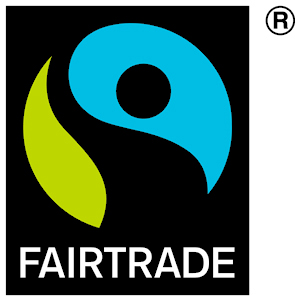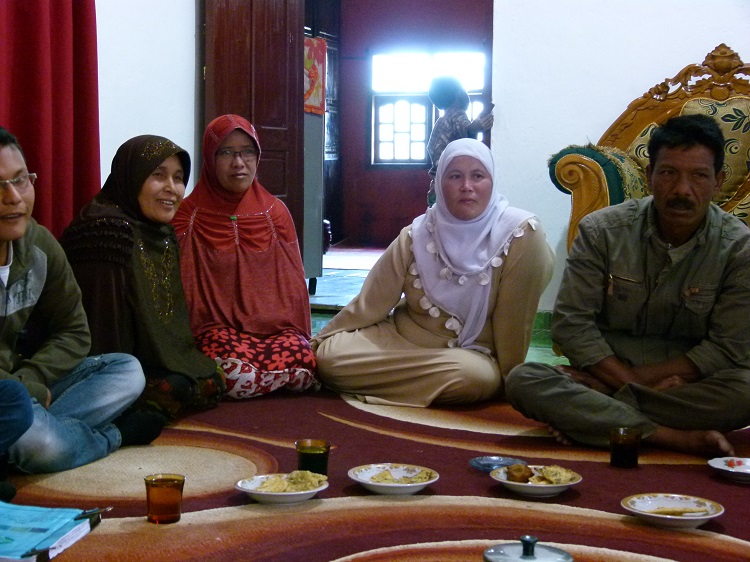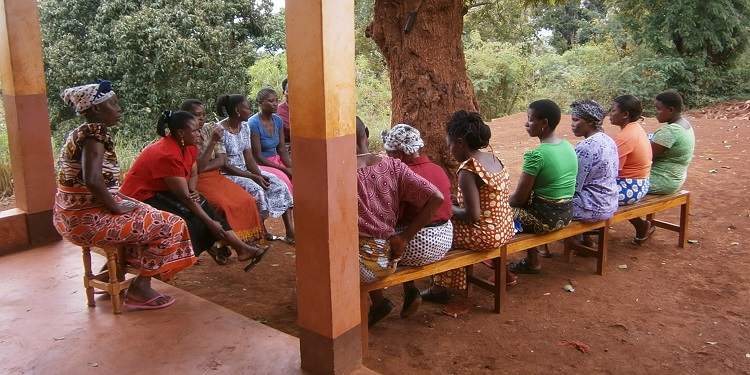Decaf or full strength…medium-body or dark roast…blend or single origin? There is no shortage of choice when it comes to buying coffee. We can even choose how our coffee was grown or traded by buying products that are certified organic or ‘Fairtrade’. Fairtrade aims to ensure better prices, decent working conditions, local sustainability and fair terms of trade for farmers and workers in the developing world. So, what impact does the Fairtrade system have on coffee farmers and farmer organisations? In 2013, Fairtrade International, the body that develops the Fairtrade standards for products and operates global certification and auditing systems, commissioned a study to find the answer to this question. NRI led the research for this study, carrying out fieldwork in four coffee-producing countries together with a team of international researchers. The findings of their in-depth evaluation were recently published by Fairtrade.
 Coffee is the longest established and the largest of the Fairtrade products; you may even recognise the FAIRTRADE mark from the packets of coffee sold in many outlets throughout the world. Over 800,000 small-scale farmers grow this coffee, with each farmer belonging to one of 445 Fairtrade-certified producer organisations in 30 countries. The four case-study countries for this impact evaluation were Indonesia, Mexico, Peru and Tanzania. “The research team chose these countries to allow the study to explore diverse producer situations,” explains NRI’s Professor Jeremy Haggar, co-leader of the study. “They cover a selection of the main Fairtrade coffee-producing countries across three continents with a large number of Fairtrade producers and important sources of Fairtrade coffee for buyers.”
Coffee is the longest established and the largest of the Fairtrade products; you may even recognise the FAIRTRADE mark from the packets of coffee sold in many outlets throughout the world. Over 800,000 small-scale farmers grow this coffee, with each farmer belonging to one of 445 Fairtrade-certified producer organisations in 30 countries. The four case-study countries for this impact evaluation were Indonesia, Mexico, Peru and Tanzania. “The research team chose these countries to allow the study to explore diverse producer situations,” explains NRI’s Professor Jeremy Haggar, co-leader of the study. “They cover a selection of the main Fairtrade coffee-producing countries across three continents with a large number of Fairtrade producers and important sources of Fairtrade coffee for buyers.”
The NRI-led team comprised research partners from the World Agroforestry Centre (ICRAF) and national researchers from Indonesia, Mexico and Tanzania. “The research team used a theory-based evaluation approach to assess the contribution made by Fairtrade,” says NRI’s Valerie Nelson, study co-leader. “In total, we surveyed 800 farmers belonging to eight producer organisations using a questionnaire survey and held 23 Focus Group Discussions with farmers,” she continues. “The team focussed on key indicators including price, income, production, access to training and various aspects of producer organisational strength. We carried out participatory gross margin analysis with farmers, a marketing manager questionnaire, key informant interviews and stakeholder workshops on producer organisational change.”

The report presents a number of recommendations to Fairtrade, including: offering further support to strengthen producer organisations and brokering partnerships to address wider social and environmental issues; intensifying and scaling up producer support services and collaboration by Fairtrade; more action to support gender equality, youth and workers; and increasing support for producer networks to reinforce the voice of their members.
 Fairtrade welcomed the report and held feedback workshops with stakeholders in study countries to discuss the findings. The findings of the study and subsequent stakeholder discussions have been used to inform the development of the new Fairtrade Coffee Strategy for 2016–2020. In their response Fairtrade have said, “Our work going forward will emphasize the importance of well-targeted support and collaboration for coffee producers, led by stronger producer networks. The Fairtrade Coffee Strategy will do more to help producers implement good agricultural practices and to respond to the challenges of climate change and coffee disease. We will also continue to emphasize the importance of producer organization capacities and governance in our support. We are deepening our focus on living wages for both farmers and workers, on gender equality, and on working with young people, through focused programmes in these areas.”
Fairtrade welcomed the report and held feedback workshops with stakeholders in study countries to discuss the findings. The findings of the study and subsequent stakeholder discussions have been used to inform the development of the new Fairtrade Coffee Strategy for 2016–2020. In their response Fairtrade have said, “Our work going forward will emphasize the importance of well-targeted support and collaboration for coffee producers, led by stronger producer networks. The Fairtrade Coffee Strategy will do more to help producers implement good agricultural practices and to respond to the challenges of climate change and coffee disease. We will also continue to emphasize the importance of producer organization capacities and governance in our support. We are deepening our focus on living wages for both farmers and workers, on gender equality, and on working with young people, through focused programmes in these areas.”
Links: Access the full report here | Summary report | Study results at a glance | Fairtrade International | Valerie Nelson’s profile | Professor Jeremy Haggar’s profile



